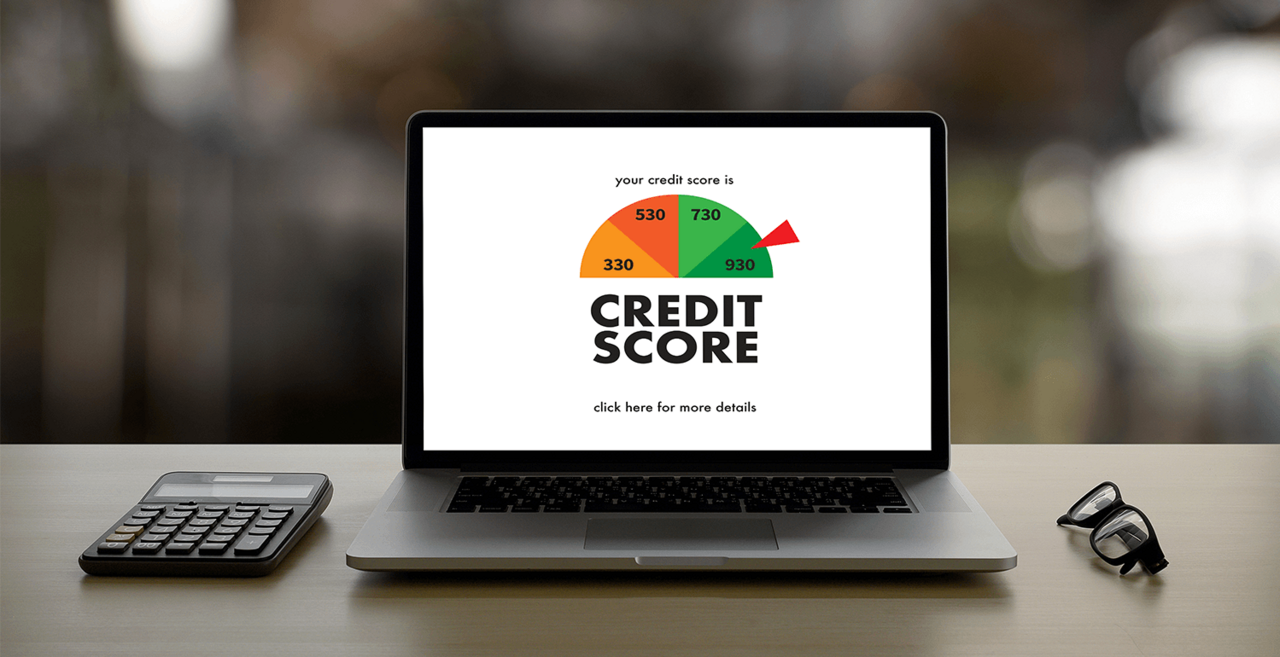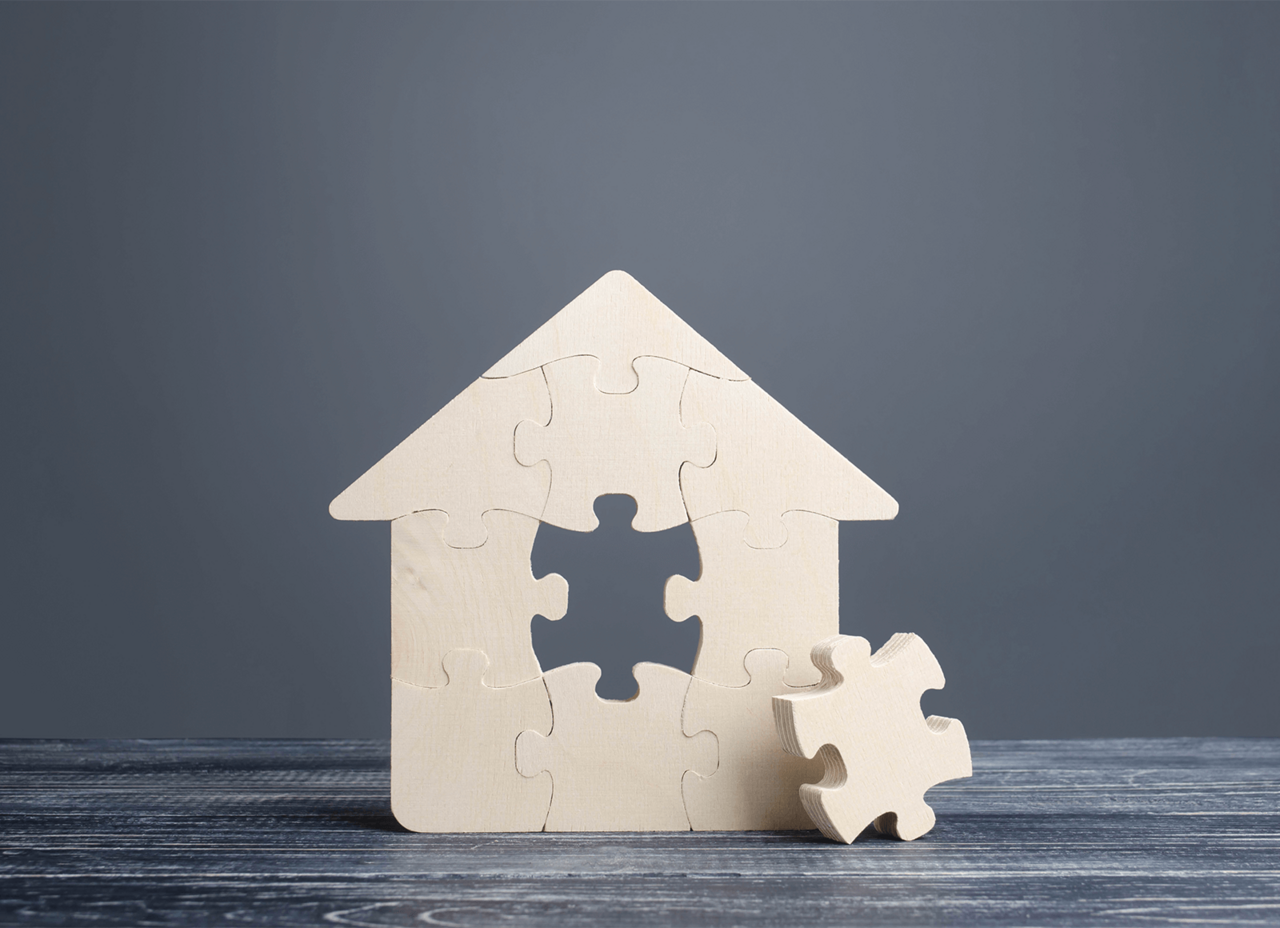Do You Know Your Credit Score?

Thinking about putting a deposit on a new home? Your credit score could affect your eligibility for a loan. Here’s what you need to know -
If you’re applying for a home loan, you need to show that you’re a responsible borrower. Lenders look at a number of things to decide if you’re a safe bet. One of those things is your credit score.

Lenders review your credit score (or credit rating) when deciding on your eligibility for a loan. Learn more about your score and how it may affect your future home loans here
What is a credit score?
Your credit score is a number between 0 and 1200. The higher the number, the better your score is.
You are scored on your financial behaviour and credit history. If you default on a debt, or take out multiple lines of credit, you lose points. Those points aren’t lost forever, though. Just like demerit points on your driver’s licence, a period of responsible behaviour will see you build your score back up.
What credit score should I aim for?
Everyone has a national credit score, which is calculated by a national credit reporting body. The most common one in Australia is Equifax.
Equifax divides scores into the following ranges. Each represents about 20% of the population. If your score is Excellent, you’re in the top 20%. If it is Below Average, that puts you in the bottom 20%.
833-1200: Excellent
726-832: Very Good
622-725: Good
510-621: Average
0-509: Below Average
The other two national credit reporting agencies are Illion and Experian. They use a 0-1000 scale, also divided into five quintiles. A score over 800 is Excellent in both cases.
There is no ‘magic number’ you need to reach to get a home loan. However, lenders are less likely to lend to you if you have an average or below average score.
Lenders also use this information for their own calculations. Every lender uses a slightly different algorithm, so if your credit score is too low to get a loan with one bank, you might have better luck somewhere else.
Remember, too, that your credit score is only one piece of information the banks consider. Someone with a Good score but a large deposit and strong savings history might be a stronger candidate than someone with an Excellent score but very little money in the bank.

Your credit score is a number between 0 and 1200. It helps lenders determine your suitability for a loan.
How is my credit score calculated?
Your score is calculated based on a range of factors including:
How much money you have borrowed
The amount of the loans you already have, and the types of loan, all affect your score. Credit cards, for example, are considered riskier than home loans and will affect your score differently. If you have any ‘payday’ or other high interest loans, these are considered high risk and will lower your score a lot.
How many applications you have made for credit, including applications that were turned down
When you apply for credit, the finance provider makes an enquiry on your credit report. This is called a ‘hard’ enquiry and is recorded on your file.
If there are too many enquiries, it paints a picture of you as someone who shops around for credit. This can hurt your score.
Whether you have defaulted on any bills
You will get a default registered on your credit history if you are more than two months late on any bill payments over $150. This can make a significant dent in your credit score.
Whether you are overdue on any loan payments
Late payments on loans and bills that are less than 60 days old won’t show up as a default. However, banks can see any late payments on loans that are with that lender, and it will hurt your score with them.
You may be able to go to another lender if you have a history of late payments with one, but be aware that banks share information more than they used to.
Whether you have ever filed for bankruptcy
Your credit report will show your bankruptcy for:
- two years after it ends; or
- five years from when you became bankrupt (whichever is later)
While it is on your report, it will serve as a huge red flag to lenders, and you probably won’t be able to get a home loan. Once the time period is up, you can rebuild your credit score.

A range of factors can impact your score. These include defaults on bills, existing loan activity, overdue payments and filing for bankruptcy.
How can I improve my credit score?
If your score is low, it will take time to improve it. Some rules to stick to include:
- Paying all your bills on time.
- Make regular payments on your existing debts, and pay them off where possible.
- Avoid applying for any more credit. This includes small loans like Afterpay as well as lines of credit or personal loans.
To find out some tips on how to tidy up sneaky debts and be on your way to owning your dream home, visit Home Files.
Want to learn more? Check out the Financial Services section of our website or speak to one of our friendly loan specialists on 1300 328 045.
